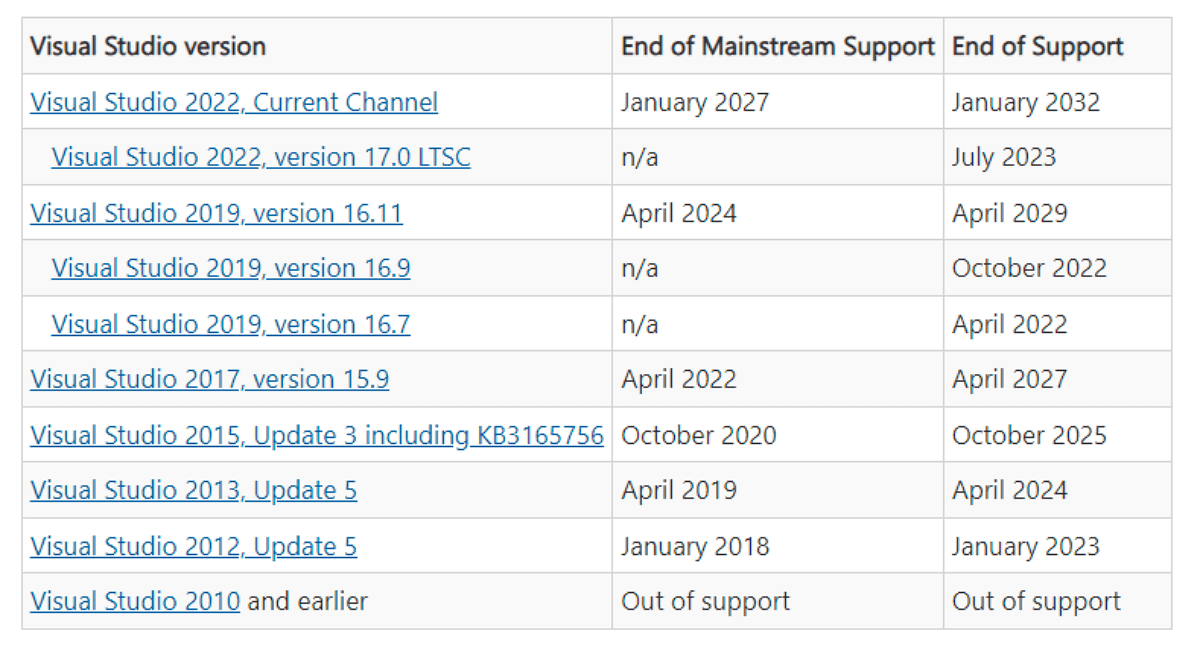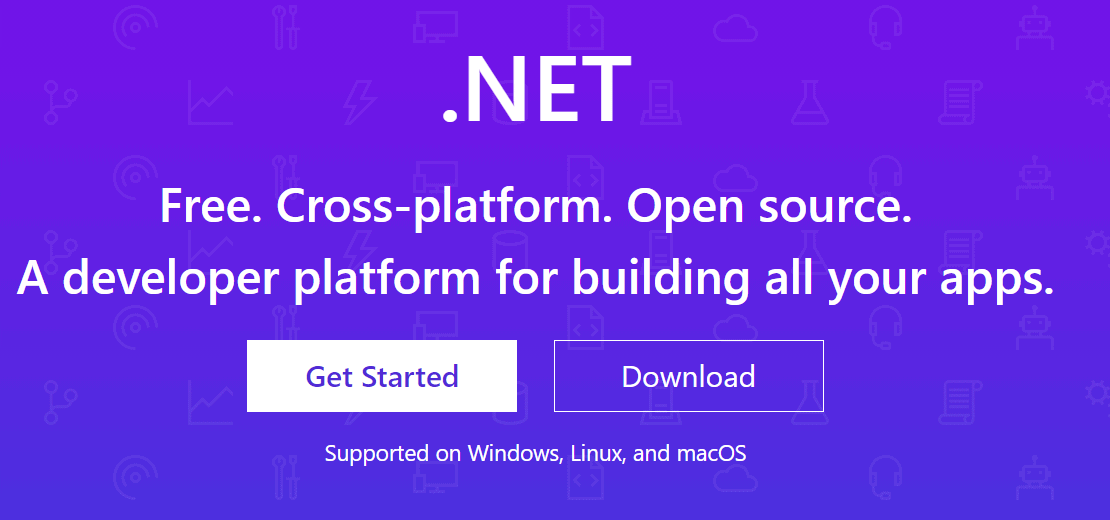10 Things Webmasters Do Besides Writing Articles
I sometimes get asked about my workday. Many people I have been talking to about the workday assume that it is an easy peasy job which basically centers around researching topics to write about and writing articles afterwards, preferably in a very nice environment such as a garden or beach condo. I usually manage to perplex them quite a bit by talking about all the things that I have to do besides researching and writing articles. This article lists ten things that webmasters usually do besides producing content for their websites. It does concentrate on my experience which comes from blogging so keep that in mind.
1. Comment moderation and spam
Comment moderation and spam are two of the most time consuming aspects of a webmaster's workday. A high profile blog can get thousands of spam comments a day which are then queued up in a spam folder somewhere. Even the best antispam tools do not offer a 100% protection against spam. Another trade-off is that false positives tend to increase with every new antispam plugin and script installed which can frustrate visitors so that they either stop posting comments or leave the site to never come back.
2. Email Support
Most websites have a contact form or other means of contacting the webmaster or a person responsible by email. These emails can contain tech support topics, requests (either for new articles, help, guest blogging or advertising), comments, spam or rude remarks. Tech support questions are usually the most time consuming to answer especially if it is not possible to test the problem locally. Webmasters obviously do not have to answer emails but it is good behavior if they do in a timely manner (except for spam and the rude remark emails). It is still a time consuming process especially on high traffic websites.
3. Updates and Security
It is of uttermost importance to run the latest version of scripts and software on a website. Old versions can contain security or memory holes, incompatibilities or missing features. Many hackers wait for security releases and start searching for websites that still run an older version on the day the new releases get announced. Updates on the other hand are only one part of the security concept. Scripts on the server side can improve security by preventing brute force attacks or notifying tech support. Webmasters do not necessarily have access to these features especially on shared hosting but some security add-ons and features can be installed by them as well. This includes setting the right access rights for directories, making sure to use non-standard usernames, directories and database prefixes or installing scripts and plugins that increase a website's security.
4. Features and Plugins
Webmasters have to keep an eye on the development of new plugins and features. WordPress webmasters for example have thousands of plugins at their disposal that get constantly updated. Additions are posted in the dozens daily and it can be quite hard to keep up with them. There is however always the possibility to find a plugin or script that adds a new interesting feature to a website or is able to replace an existing script by providing an increase in performance or functionality. One of the main reasons why many webmasters stick with one content management system is that it is easier to keep an overview of the advancements (and other things including security) that are made.
5. Design
Not all webmasters have to be design-aces. It is perfectly possible to download templates and themes for many different types of content management systems or websites and use these with little modification. Another option is to order a custom theme from a designer. Small changes on the other hand are usually performed by the webmaster. This includes changing a logo, adding a graphic or other elements.
6. Performance
A slow loading website does not necessarily mean that the server the website is hosted is not capable of delivering the performance the website needs. Other things can play a role here including scripts and plugins installed. External scripts, like advertisement or third party widgets, can slow down a website tremendously. Even more so if the domain the data is loaded from is experiencing technical problems as well. A webmaster needs to make sure that the website can be loaded as fast as possible. While third party scripts are usually in the top list of elements that slow down a website the problems can also be caused by large multimedia contents like unoptimized images, broken scripts, not optimized loading sequences or not making use of compression techniques or image concatenation.
Many tools can help in the analysis including the XHTML Validator over at W3C, Firebug or YSLOW.
7. Testing and Compatibility
A website has to be tested with various web browsers to ensure that the user experience is similar in all cases and that it is possible to connect to the website with all popular web browsers. Webmasters also do a lot of testing that include testing advertisement, plugins, scripts or element positions on their website. A classical example is to test various advertisement positions on a website to find the one that is yielding the highest earnings for the webmaster. Other possibilities include testing various positions for content to increase pageviews or decrease the number of visitors who leave a website on the first page without visiting a second one.
8. Advertising
Not all websites and blogs run advertisements. Webmasters who do place ads on their websites open a new can of worms. Statistics have to be checked regularly to make sure that the ads perform well. Ads need to be tested (if possible) in various ways including different positions, color schemes and even different advertisers. Monitoring various webmaster forums and blogs for new advertising opportunities and tips is a must do.
9. Hosting, Domain and Billing
Webmasters using free webhosts do not have to worry about these. But webmasters with their own domain name and web hosting account need to keep an eye on a few things including expiration dates and paying subscriptions in time. This is usually not a big issue and not that time consuming unless hundreds or thousands of domains are hosted at dozens of different web hosters or web servers.
10. Networking
Networking is probably the most important aspect of being a webmaster. You tend to get the best tips from a network of webmasters who work in the same niche. I consider the day I met Everton from Connected Internet one of my luckiest days in my life. Not only have we exchanged information that helped us get rich (haha) and improve our websites; No, we also decided to run a joint project which turned out to be very profitable.
Not everything is about being profitable of course. Some tips are only passed around in close circles because many webmasters do not post their findings and experiences on forums or websites. This can be a better way of placing ads on a blog, a new plugin or script that a website benefits from or general tips.
Verdict:
I'm not sure if this article covered all the aspects. There are probably more including tax reports, law suites and the like. Please post a comment if you have something to add or would like to voice your opinion on the subject. Being a webmaster is more than meets the eye.
Advertisement
















Sorry Mod… i didn’t notice I left 2 comments, please delete the second one. Thank you.
Yup that pretty much sums it up for what I do in a day online. Some times fun sometimes work Great stuff. Thanks.
Yup, pretty much sums it up for what I do or try to get done all in a day. Would be nice if you could write about nice tools to help get these things done. But anyways great stuff!
That’s describes my day. Plugins sure help with the spam, so I’m not spending too much time on that aspect. I make it a point to update my installation and plugins every week for all my blogs.
Definitely, shoot IE6.
Good article man!
I love when you almost go into theory and classify things.
1. Comment moderation and spam
I don’t get thousands of spam comments, but I am confidently in hundreds range. Good that I don’t see most of them because I opted for antispam plugin that actually makes sense to me (being coded by me). :)
2. Email Support
Not an email person, most of requests come in comments or Skribit and land in bookmarks queue for future.
3. Updates and Security
On shared server-side tweaks are zilch and WP does pretty good job with one-click upgrades.
4. Features and Plugins
Ouch here… Being techie I can’t resist all that fancy stuff and being newbie at PHP (and retard at JavaScript) they sure can eat time to figure out.
I fight this by “feature freeze” periods (am in one now). I just stop adding or tweaking anything at my blog to calmly evaluate how current stuff works. All new toys go in queue for bulk processing later.
5. Design
“Freeze” (see above) on current theme, making new one. Do it at elisure so it doesn’t affect rest of tasks.
6. Performance
Spent a lot on this initially, but things remain quite fast since.
7. Testing and Compatibility
Someone shoot IE6 already. It eats 90% of compatibility time.
8. Advertising
Not much at moment. Going to code some custom code in new theme so I can test and such with minimum maintenance.
9. Hosting, Domain and Billing
Single blog, pay in 3-months chunks. Easy.
10. Networking
I don’t play well with others. Maybe with some. :)
I agree to martin with all the points and must say that there are lot more other task which will keep u involved everyday :)
That pretty much sums up what I do on a day to day basis, in addition to that you might want to add that many webmasters have to handle a network of blogs so multiply the tasks * the no blogs in the network.
And yes I still have a full time job so more work there LOL :-)
Hallo martin,
vielen dank fürs shirt…ist angekommen
schickst du mir mal deine kontodaten , damit ich dires bezahlen kann ?
ich möchte dir nur ungern etwas schuldig bleiben.
btw diesmal gings ja wesentlich schneller wie damals mit dem roten.
und das zur urlaubszeit^^
mach et jut ,jung und vielen dank nochmal
“zaune”